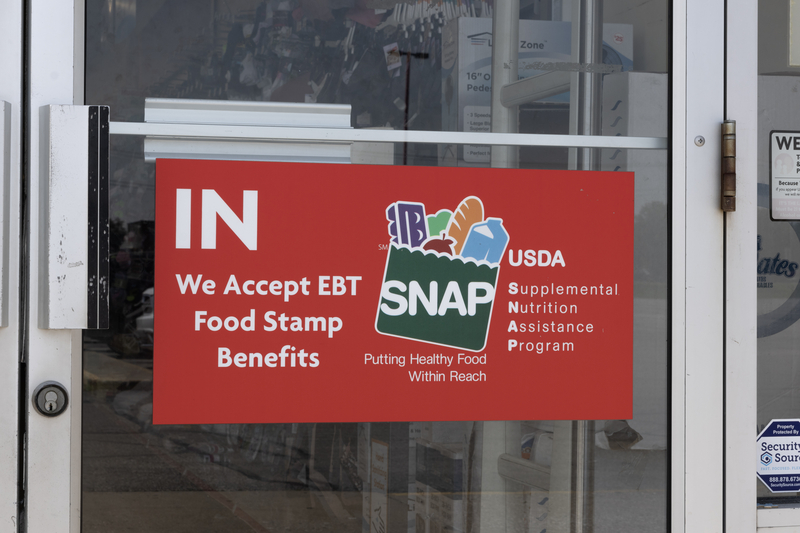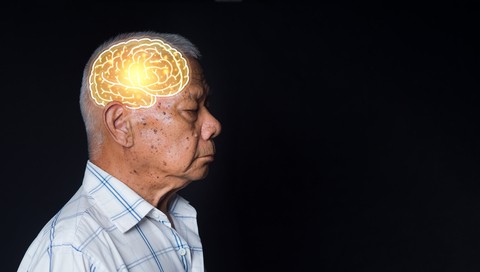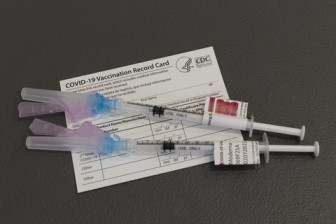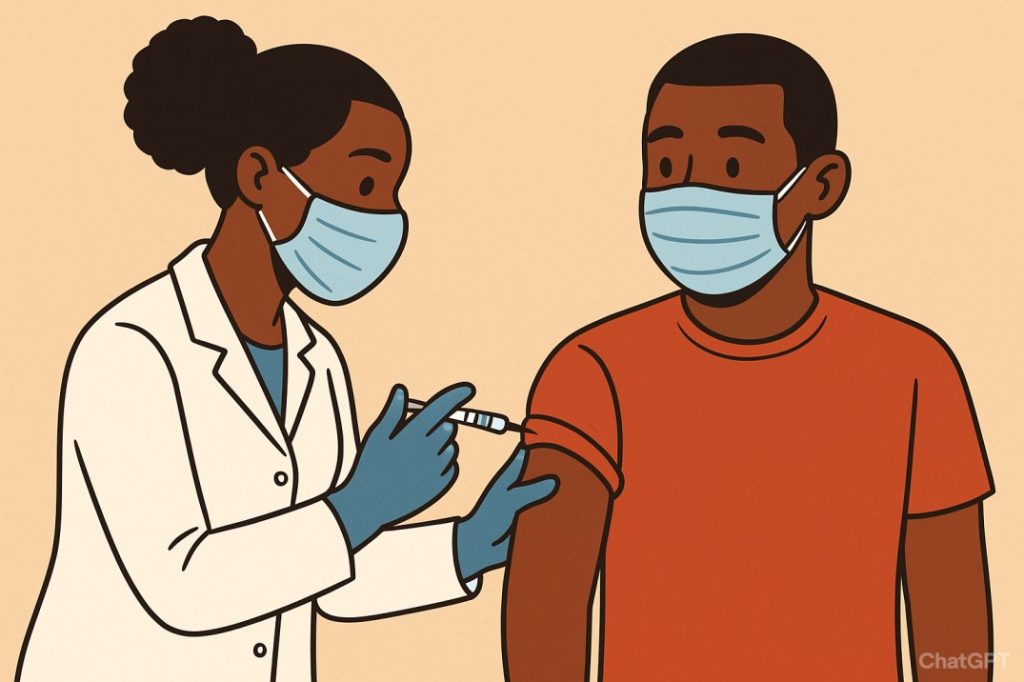Work Force
NIH Funds Collaboration to Improve Mental Health Care for Latinos
Irvine, California, October 3, 2022 – The National Institutes of Health is awarding nearly $4.7 million over five years to support research teams f...
Asian American nursing students' experiences of racial microaggressions amid the COVID-19 pandemic: Focus group discussions
Aim:
This study aimed to explore the thoughts and feelings of Asian American nursing students regarding Anti-Asian racism that they ...
Associations of a Multilevel School Health Program and Health Outcomes Among Lesbian, Gay, and Bisexual Youth
Lesbian, gay, and bisexual (LGB) adolescents are often at higher risk than their heterosexual peers for adverse sexual health, violence, mental hea...
There's a big disparity in the number of Latino doctors and surgeons. Advocates are working to change that.
On the very first National Latino/a Physician Day, which takes place Saturday, advocates are working to raise awareness of the relatively small num...
Race and ethnicity influence end-of-life care
Researchers have known that race and ethnicity play a role in the intensity of medical care at the end of life, but the difference is more pronounc...
CMA President-Elect underscores health disparities among Hispanics on National Latino Physician Day
September 29, 2022
Area(s) of Interest: Advocacy
In conjunction with Latinx Physicians of California, and in recognition of National Hispanic Heri...
Trending Topics
Features
- Drive Toolkit
Download and distribute powerful vaccination QI resources for your community.
- Health Champions
Sign up now to support health equity and sustainable health outcomes in your community.
- Cancer Early Detection
MCED tests use a simple blood draw to screen for many kinds of cancer at once.
- PR
FYHN is a bridge connecting health information providers to BIPOC communities in a trusted environment.
- Medicare
Discover an honest look at our Medicare system.
- Alliance for Representative Clinical Trials
ARC was launched to create a network of community clinicians to diversify and bring clinical trials to communities of color and other communities that have been underrepresented.
- Reducing Patient Risk
The single most important purpose of our healthcare system is to reduce patient risk for an acute event.


















